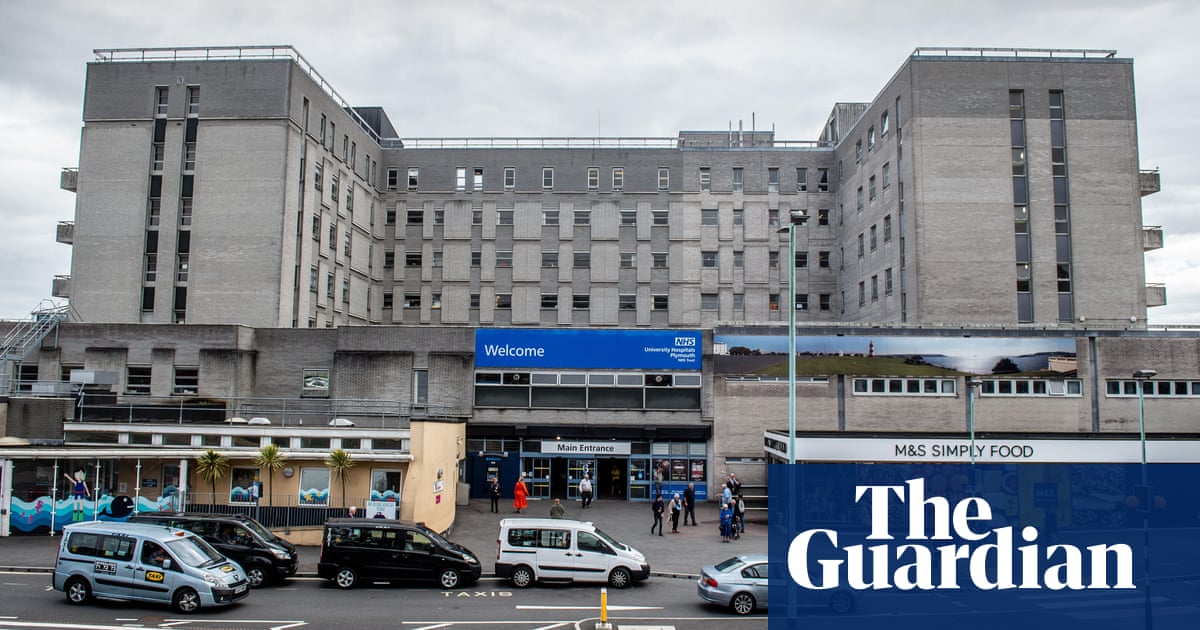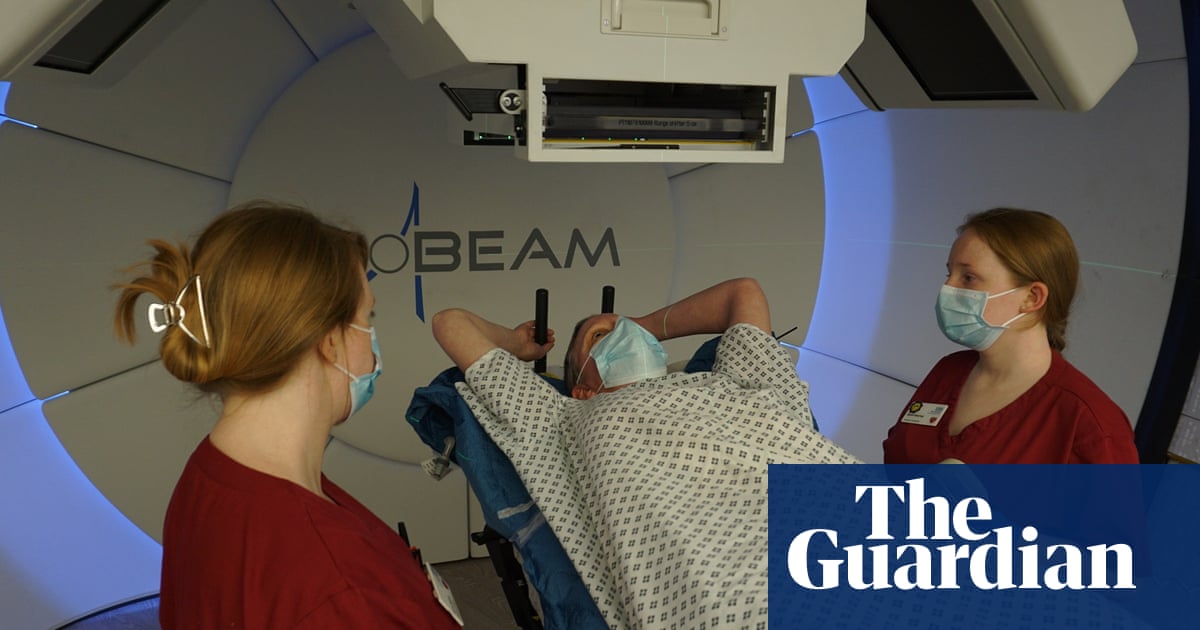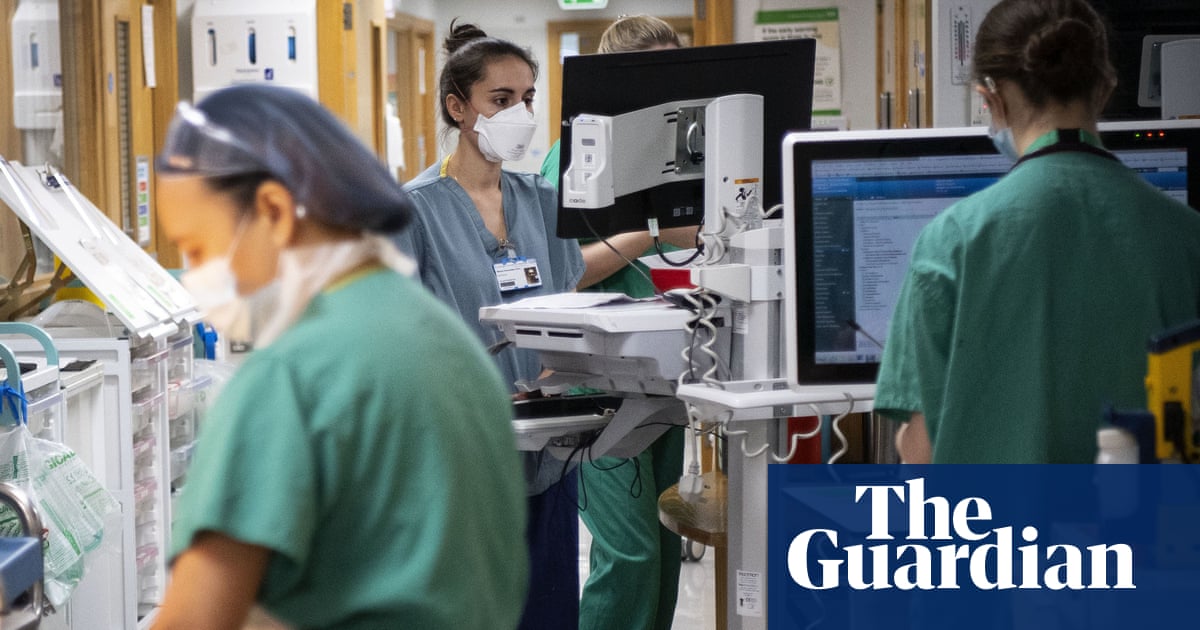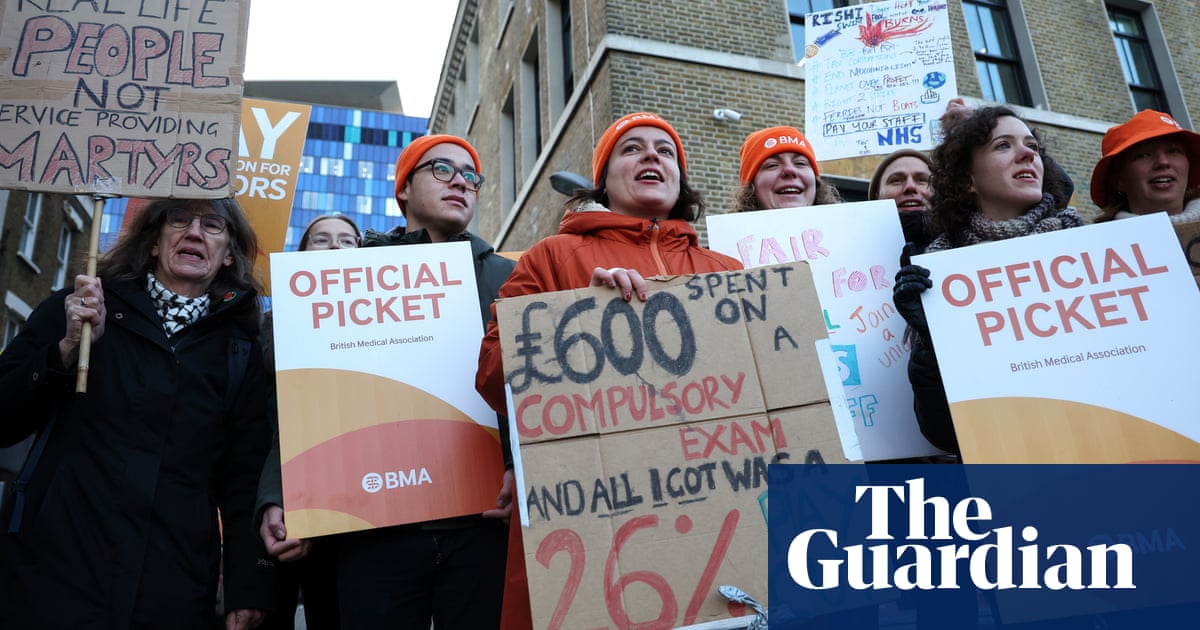
Huge numbers of people with suspected cancer were not referred to hospital for urgent checks or did not have a test during the first month of the lockdown, prompting fears that late diagnosis of the disease will reduce some patients’ chances of survival.
Unprecedented numbers of cancer patients missed out on vital treatments, diagnostic tests and outpatient appointments as the pandemic unfolded, NHS England data shows.
Waiting times for all the key stages of cancer care soared as many NHS services were suspended. The NHS transformed the way it operates in order to concentrate on people with Covid-19.
The full extent of the monumental pressure the NHS came under at the height of the Covid-19 crisis and the effect the crisis has had on patients is laid bare in the latest data.
Cancer
The number of people entering treatment for cancer has dropped significantly, meaning many patients who would have ordinarily been tested for cancer were not seen. In April 2019 almost 200,000 people were referred to a consultant for suspected cancer by their GPs. This April that figure fell to just 79,573.
Macmillan Cancer Support estimates that 210,000 people should have entered the system this month. That means roughly 130,000 people who would ordinarily be referred to a consultant have not been. About 7% of these patients would usually require cancer treatment, meaning approximately 9,000 people might not have had their cancer diagnosed in April.
The organisation said that around 2,500 people who should have been referred for their first treatment after a cancer diagnosis will not have received that treatment.
Diagnostics
Patients requiring certain diagnostic tests – such as MRI scans, echocardiograms and colonoscopies – for six weeks or more soared to 468,622, making April the worst month on record. On average in the year to January, 5,741 patients were waiting more than six weeks for an MRI scan. That figure stood at almost 79,000 in April.
Referrals to treatment
The median length of time patients are waiting on the referral for treatment stood at 12.2 weeks in April, the longest it has been in more than a decade. More than a million patients (1,132,602) are now waiting for more than 18 weeks for treatment.
The number of patients waiting more than a year for a test jumped from 1,613 in February to 11,042 in April, a sevenfold increase in just two months.
A&E
Having fallen to an all time low in April, the number of people attending A&E rose again in May, rising from 689,720 to 924,215. In the year prior to the crisis, A&E attendances averaged at 1.3m.
When other A&E attendances are included (single speciality and minor injury units), 1.26 million people attended A&E departments in May, the second lowest number since records began.
Lynda Thomas, chief executive at Macmillan Cancer Support, said the figures were a “sobering demonstration of the serious impact coronavirus has had” on cancer services in England.
“The pandemic has wreaked havoc on cancer care, with 2,500 fewer people starting vital treatment to save, extend or improve their lives and a staggering 130,000 fewer seeing a specialist for suspected cancer after an urgent GP referral, than we would expect under normal circumstances. Instead, many people with cancer are being left to wait for next steps in fear, worrying about the long-term implications for their health, their families and their future.
“We’ve been calling for an urgent recovery plan for NHS cancer services since April, to ensure cancer does not become the forgotten ‘C’ throughout this crisis. UK governments must now urgently commit to measures to address the backlog, including the allocation of the staffing and resources needed to deliver the safest possible care.”
Cancer Research UK said the figures showed that Covid-19 had had a “devastating” effect on cancer patients and led to delays in care for tens of thousands of patients.
“It’s devastating to see the impact that Covid-19 is having on cancer patients and these figures show just how much the virus has affected cancer waiting times,” said Sarah Woolnough, the charity’s executive director of policy and information.
“The dramatic fall in the number of urgent referrals, down 60% compared to the same time last year, and the drop in people receiving treatment on time in April is hugely concerning. It means that tens of thousands of patients are in a backlog needing vital cancer care.”
She welcomed NHS England’s creation of “Covid-free” centres where cancer treatment can happen without fear of patients becoming infected and its use of new ways of helping patients get treated, for example through “chemotherapy buses” in hospital carparks.
Prof Peter Johnson, the NHS’s national clinical director for cancer, urged anyone with potential symptoms of cancer to see their GP and get referred for what could be life-saving diagnostic tests.
The 60% drop in GP referrals shows “that many people have put off seeing their GP for possible symptoms due to fear of catching the virus or not wanting to burden staff.
“Lives are saved if more people are referred for checks. So my message to anyone who has a worrying symptom is: the NHS is here for you and can provide safe checks and treatment if you need it, so please help us help you, and get in touch with your local GP like you usually would,” he said.












